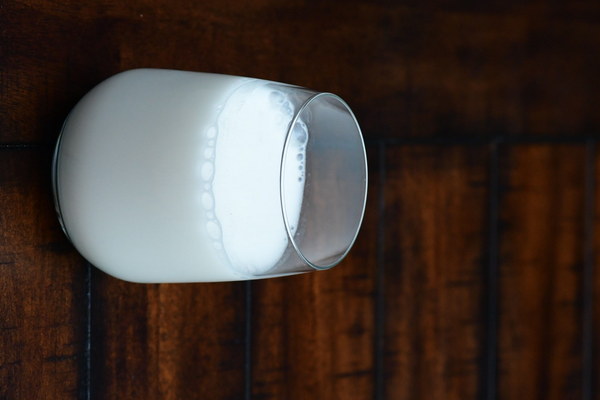The Anti-Aging Secret Eating Less and Living Longer
In the pursuit of eternal youth, scientists and wellness enthusiasts have been on the lookout for the elusive fountain of youth. While the secret to eternal life remains a mystery, there is a growing body of evidence suggesting that eating less might be the key to unlocking the anti-aging secret. The concept of caloric restriction, or eating less, has been a subject of study for years, and now, it's becoming clearer than ever that this dietary approach could be the key to living a longer, healthier life.

The idea of caloric restriction is based on the premise that by consuming fewer calories than our bodies need, we can slow down the aging process. This theory is supported by a variety of studies, including those conducted on laboratory animals and humans. One of the most notable studies was conducted by the National Institute on Aging, which showed that mice that were fed a diet with 30% fewer calories lived longer and had fewer age-related diseases than their counterparts.
The mechanisms behind this anti-aging effect are still being researched, but several theories have emerged. One of the leading theories is that caloric restriction activates certain genes that are responsible for protecting cells from damage and promoting longevity. These genes, known as sirtuins, are thought to play a critical role in regulating cellular processes that contribute to aging.
Another theory suggests that caloric restriction helps to reduce oxidative stress, which is a major contributor to aging. By consuming fewer calories, our bodies produce less reactive oxygen species, which can damage cells and lead to aging-related diseases.
So, how can we incorporate caloric restriction into our daily lives? While it's not realistic for everyone to adopt a diet that is 30% less in calories, there are ways to mimic the benefits of caloric restriction without going to extremes. One approach is to follow an intermittent fasting diet, which involves alternating between periods of eating and fasting. This can be done in various ways, such as the 16/8 method, where you eat for 8 hours and fast for 16 hours each day.
Another option is to focus on the quality of your food, rather than the quantity. This means choosing nutrient-dense, whole foods that provide your body with the essential nutrients it needs to thrive. By doing so, you can ensure that your body is getting the right fuel to maintain optimal health and longevity.
It's important to note that while caloric restriction may have numerous benefits, it's not suitable for everyone. People with certain medical conditions or those who are underweight should consult with a healthcare professional before making any significant changes to their diet.
In conclusion, the anti-aging secret may lie in eating less. By following a caloric restriction diet, whether through intermittent fasting or focusing on nutrient-dense foods, we may be able to slow down the aging process and live a longer, healthier life. While more research is needed to fully understand the mechanisms behind this phenomenon, the evidence suggests that eating less could be the key to unlocking the secret to eternal youth.









